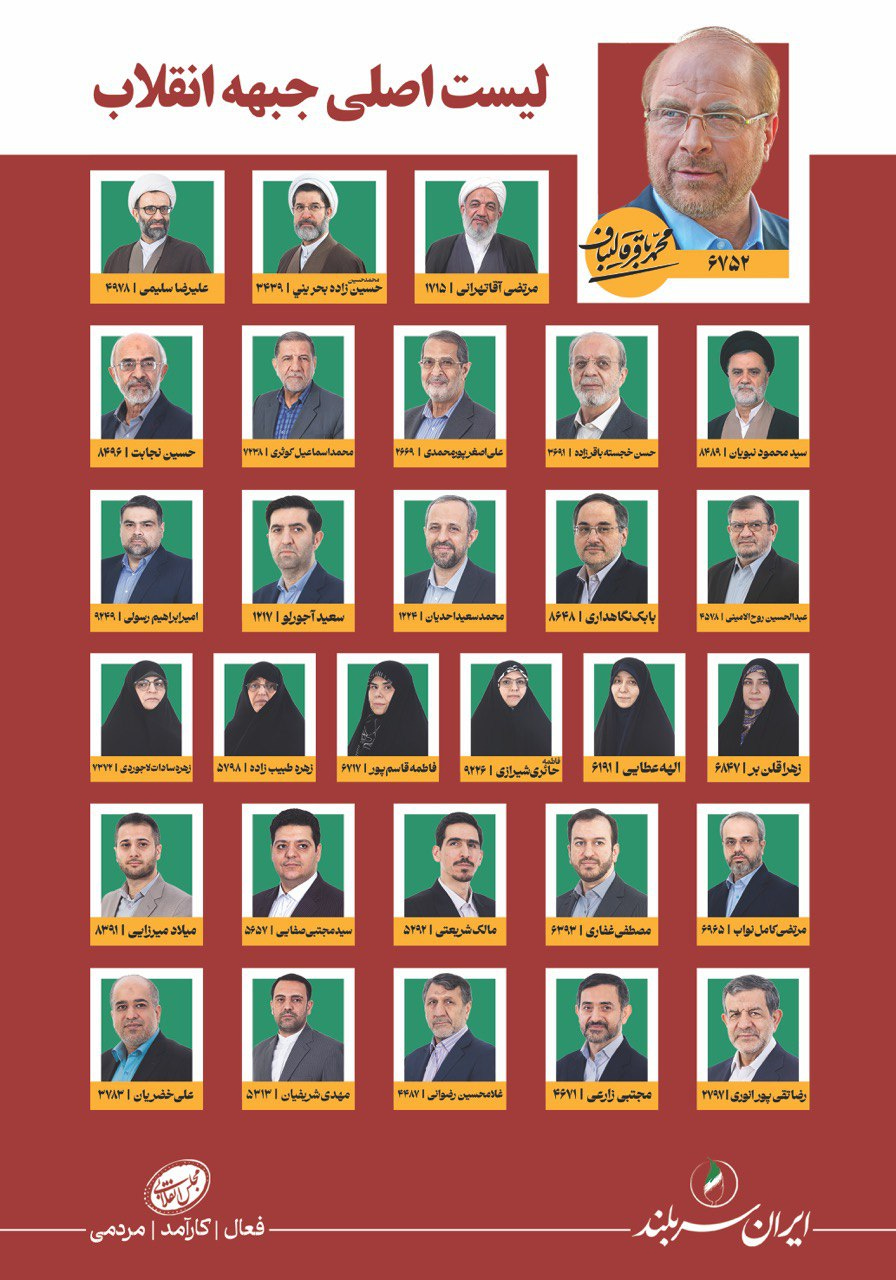Iran’s Elections Amid Discontent and Disillusionment
An Examination of the Upcoming Iranian Elections in the Wake of Political Unrest and Public Apathy
In three days, Iran will be holding elections, the first since the 2022 Mahsa Amini uprising that was met with violent crackdowns. The vote will shape not only the parliament, but also the Assembly of Experts, the institution that will select the next Supreme Leader.
The election comes after a presidential race in 2021 that was marred by low turnout (48.8%) and widespread disillusionment. Ebrahim Raisi, a hardline cleric, emerged as the winner, but more people cast blank or spoiled ballots than voted for any other candidate. This reflected the lack of genuine choice and competition in the presidential race.
Since then, the political scene has grown even more insular. The authorities have barred many moderate and reformist figures from running in the upcoming election and the main reformist bloc has said they will not participate in the vote.
Meanwhile, the public is largely disinterested, with a state media poll showing that over half of people are unaware of the election date.
The government itself seems to have had little interest in allowing candidates who could appeal to the discontented voters to run. It is suspicious of popular figures who have shown any degree of dissent. The main goal of this election seems to be the allocation of power among the diehard Islamic Republic loyalists.
The Reformist Front, a coalition of reformist parties and groups that emerged in recent years, is the main legal dissident political movement in the country. It has established ways to make decisions and build consensus, but after months of deliberation, the front announced that it "cannot take part in an election that is meaningless, non-competitive, unfair, and ineffective in governing the country."
However, 110 reformist dissenters and other political and social activists have issued a statement saying that "despite the unjust disqualifications, there are still dozens of moderate, reformist, and clean candidates present." They invited citizens "not to give up their 'right to vote' and to 'vote for the coalition moderate candidates.'"
There are two lists of candidates in Tehran that represent the main blocs: a joint conservative list, led by the current parliament speaker Mohammad Bagher Ghalibaf, and a “Voice of the Nation” list of mostly unknown moderates and reformists, headed by moderate conservative politician Ali Motahari. The latter's goal seems to be to at least form a strong moderate/reformist minority faction in the next parliament.
Overall, this election will happen in a context where the parliament has effectively become a tool for the hardline leadership to impose its agenda, instead of a forum for lively public discussions. Many of the laws passed by the parliament outright ignore the rights and interests of the people. This trend intensified after two key events: the crackdown on the reformist movement in 2009, and the US withdrawal from the nuclear deal in 2018, which destroyed the moderate faction’s influence.
Against this backdrop, hardliners and the Revolutionary Guards have tightened their grip on all aspects of the state. They appear to be confident and secure in their power, believing they face no serious threats from within or outside the government.



